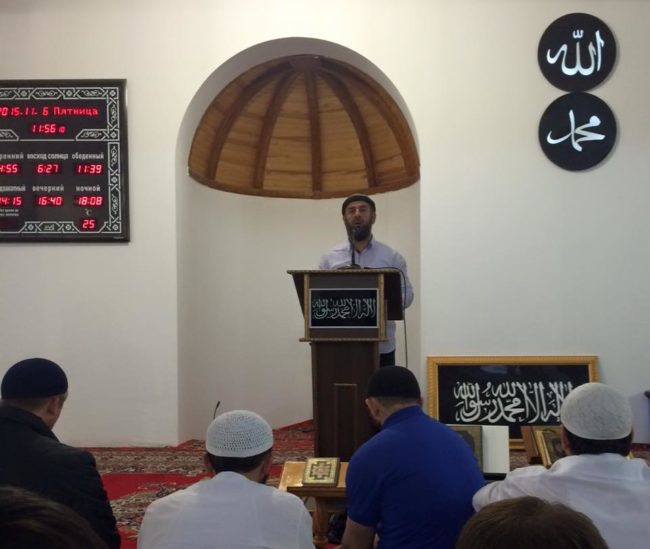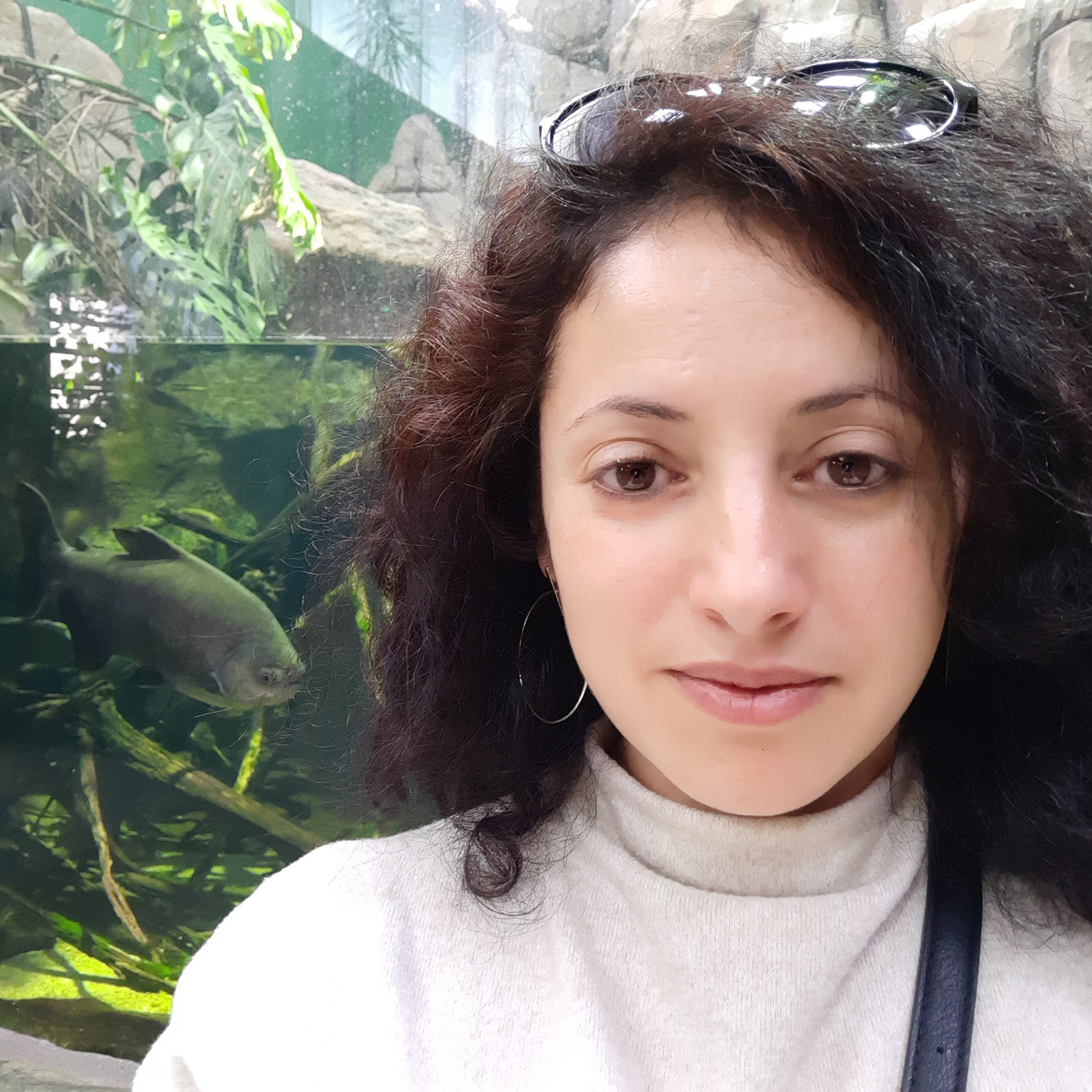
 Several Daghestanis who appeared on the Russian Ministry of Internal Affairs (MIA) preventive supervision list have succeeded in having their names removed through the courts.
Several Daghestanis who appeared on the Russian Ministry of Internal Affairs (MIA) preventive supervision list have succeeded in having their names removed through the courts.
Four-and-a-half-thousand people were placed on the MIA’s preventive supervision list in Daghestan in 2016. This was almost double the total for 2015. Daghestani President Ramazan Abdulatipov announced these numbers in a discussion about the results of the Anti-Terrorism Commission’s work for the previous year.
Daghestan has been adding people to the preventive supervision list for several years. On 23 June, Russia adopted a law allowing those who are ‘prone to crime’, or whose behaviour is ‘antisocial’ or ‘violates generally accepted standards of behaviour and moral rights, and legitimate interests of others’ to be added to the list, which imposes restrictions on freedom. The vague wording of the law grants police officers the right subject any Russian citizen whose behavior they deem ‘anti-social’ to the restrictions.
Those who most frequently end up on the list are devout Muslims attending Salafi mosques. Several dozen people are often arrested in a single raid. According to witnesses, police officers haul off everyone indiscriminately.
‘They have no list of suspects. They pick up as many as they can fit in the car. They let everyone go, but only after adding them to the preventive list. Some people go on not knowing about it’, Makhachkala resident Ibragim Gamidov tells OC Media. He witnessed a raid in the Tanghim Mosque, located on General Omarov Street in Makhachkala.
Last week, OC Media wrote about Arsen Gasanov, who half a year after being briefly detained, found out he was now an ‘extremist’ in the eyes of the state. Gasanov filed a lawsuit petitioning that the police action be recognised as illegal and ordering district office heads to remove him from the list. The first hearing will be held on 16 February.
Social activist and former press secretary for the Tanghim Mosque, Magomed Magomedov, also succeeded in having his name removed from the list through the courts. The order was pronounced on 29 December 2016 and entered into force on 29 January.
‘According to police documents, all of these people came to them voluntarily. In the papers there is no mention of any arrests, violations of rights, or taking people to the district’s internal affairs office (ROVD). Everything is formulated as if the person came on their own, and the police, after conversing with them, determined that they were an extremist. Looking over the reports, it is as if they are copies of each other — different names, photographs and passport details — but all having the exact same information to indicate “extremist activities”.’ Rustam Matsev, a lawyer from human rights organisation Legal Initiative, thinks that the vague formulation of the law grants law enforcement officers broad leeway.
‘You can include anything you want under categories such as ‘preventive registration’, ‘personal information collection’ and ‘exchange’. There are no clear instructions regarding what to do and how to do it. This is left at the discretion of the police officer assigned these duties by the head of the ROVD. We cannot know exactly what they are tasked with because it is an intradepartmental and closed order.’ Matsev said, adding that the system is very open to abuse.
Most people on the list complain that the police demand that they account for their movements and provide biological samples: fingerprints, saliva or blood. According to Matsev, even if someone ends up on the list illegally, the procedures remain the same. That is why he advises checking in at the district office or the precinct, but reiterates that giving biological samples completely voluntary.
‘Samples can only be taken when a person is a suspect in a criminal case. But even in this case, the issue is debatable insofar as it violates the right to not testify against oneself. If a person is not accused of anything, is not under suspicion, he is just on the preventive list, he is not obligated to give any biological samples. Here it is his 100 percent right not to do this, and he can complain about the actions of officers on legal grounds’, says Matsev.
Last year, the Memorial Human Rights Centre developed the guidelines, ‘Illegal preventive registration of citizens within the internal affairs bodies of the North Caucasus: how to defend your rights’. The centre’s lawyers are currently attempting to have five people’s names removed from the list. All of the plaintiffs are from Daghestan. About 200 Daghestanis have appealed to Memorial with this problem.
According to the law, the law enforcement body which placed a person on the preventive supervision list can remove him if there are no longer grounds for keeping him on it. But this is in theory. In practice this is only possible with the help of the courts.




 11 February 2017
11 February 2017



